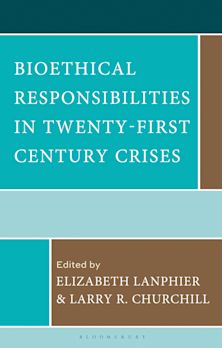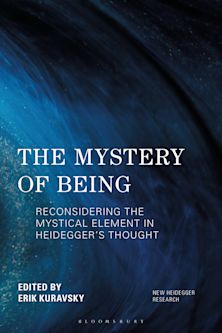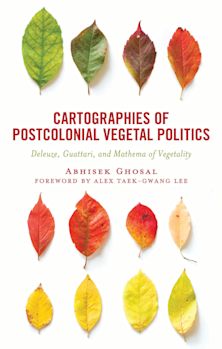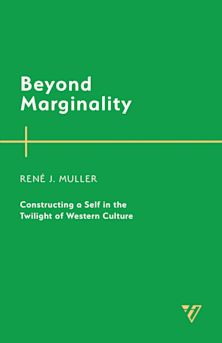This product is usually dispatched within 2-4 weeks
- Delivery and returns info
-
Flat rate of $10.00 for shipping anywhere in Australia
Description
Interpreting the work of one of the most influential thinkers of the 20th century, The Reluctant Modernism of Hannah Arendt rereads Arendt's political philosophy in light of newly gained insights into the historico-cultural background of her work. Arguing against the standard interpretation of Hannah Arendt as an anti-modernist lover of the Greek polis, author Seyla Benhabib contends that Arendt's thought emerges out of a double legacy: German Existenz philosophy, particularly the thought of Martin Heidegger, and her experiences as a German-Jewess in the age of totalitarianism. This important volume reconsiders Arendt's theory of modernity, her concept of the public sphere, her distinction between the social and the political, her theory of totalitarianism, and her critique of the modern nation state, including her life long involvement with Jewish and Israeli politics.
Table of Contents
Chapter 2 The Pariah and Her Shadow: Hannah Arendt's Biography of Rahel Varnhagen
Chapter 3 Jewish Politics and German "Existenz Philosophy": The Sources of Hannah Arendt's Thought
Chapter 4 The Destruction of the Public Sphere and the Emergence of Totalitarianism
Chapter 5 The Dialogue With Martin Heidegger: Arendt's Ontology of The Human Condition
Chapter 6 The Art of Making and Subverting Distinctions: With Arendt, Contra Arendt
Chapter 7 From the Problem of Judgment to the Public Sphere: Rethinking Hannah Arendt's Political Theory
Product details
| Published | 01 Jul 2003 |
|---|---|
| Format | Paperback |
| Edition | 1st |
| Extent | 314 |
| ISBN | 9780742521513 |
| Imprint | Rowman & Littlefield |
| Dimensions | 231 x 149 mm |
| Series | Modernity and Political Thought |
| Publisher | Bloomsbury Publishing |
Reviews

ONLINE RESOURCES
Bloomsbury Collections
This book is available on Bloomsbury Collections where your library has access.



































